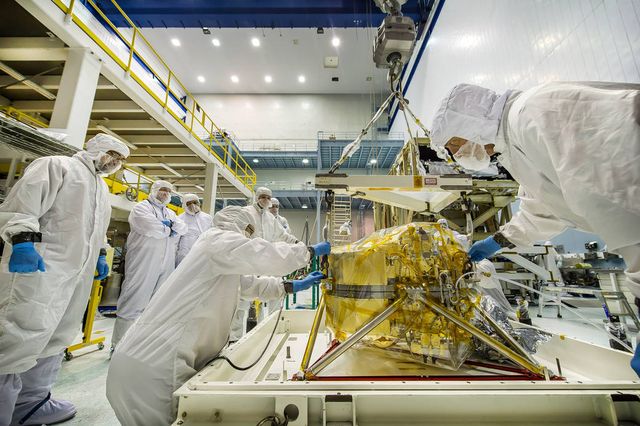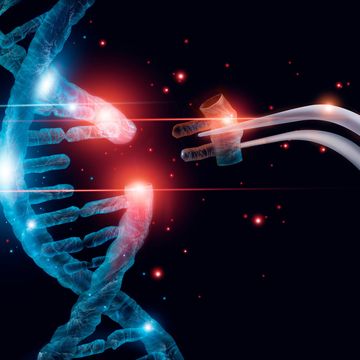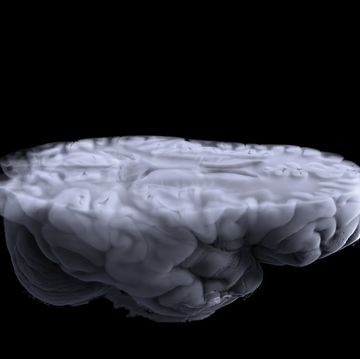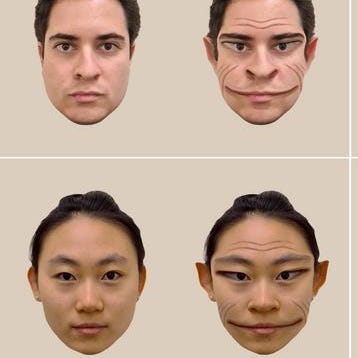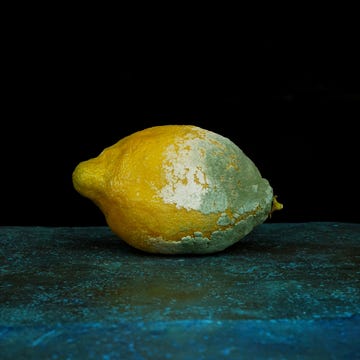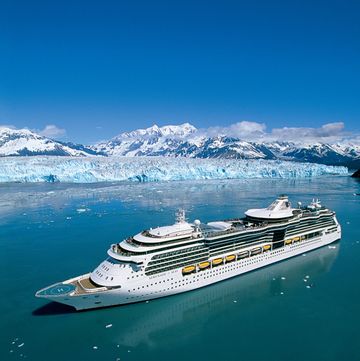One of the biggest concerns NASA has when launching spacecraft to Mars—aside from, you know, losing the spacecraft—is inadvertently contaminating the planet with Earth bacteria. One of the biggest open questions in astronomy right now is whether life exists on other planets, and there’s no way to answer that question if we bring our own life along on every expedition.
To prevent that from happening, NASA manufactures its spacecraft in the most rigorous of clean rooms. All workers must wear full-body clean room suits, the air is filtered to prevent any bacteria from sneaking in, and the spacecraft and all other equipment are regularly sprayed with an industrial solvent.
But even all this isn’t enough to completely eliminate all bacteria, and now scientists know why. A new study shows that some types of bacteria can actually feed on these solvents. The research was conducted by a team of scientists from California State Polytechnic University and published in the journal Astrobiology.
At the center of the research is the bacteria Acinetobacter, a particularly hardy species often found in sterilized areas like hospitals and clean rooms. Acinetobacter has been found on multiple NASA spacecraft, including the ISS, and is ranked as one of the world’s deadliest bacteria according to the WHO.
The researchers tested a batch of Acinetobacter found on NASA spacecraft by starving them of ordinary nutrients and then subjecting them to pure ethanol, isopropyl alcohol, and Kleenol 30, a floor detergent. The bacteria could survive entirely on the ethanol, and could also survive on mixtures of ethanol and the other solvents.
This new research doesn’t provide any solutions to the bacterial contamination problem, but it does show why the problem exists in the first place. Follow-up research could find ways to sterilize spacecraft parts that don’t inadvertently feed the bacteria they’re trying to kill. Any potential solutions NASA ends up finding could also be applied to other sterilized areas like hospital equipment, so future NASA research on this topic could end up saving lives along with keeping the rest of our solar system bacteria-free.
Source: Astrobiology via The Atlantic
